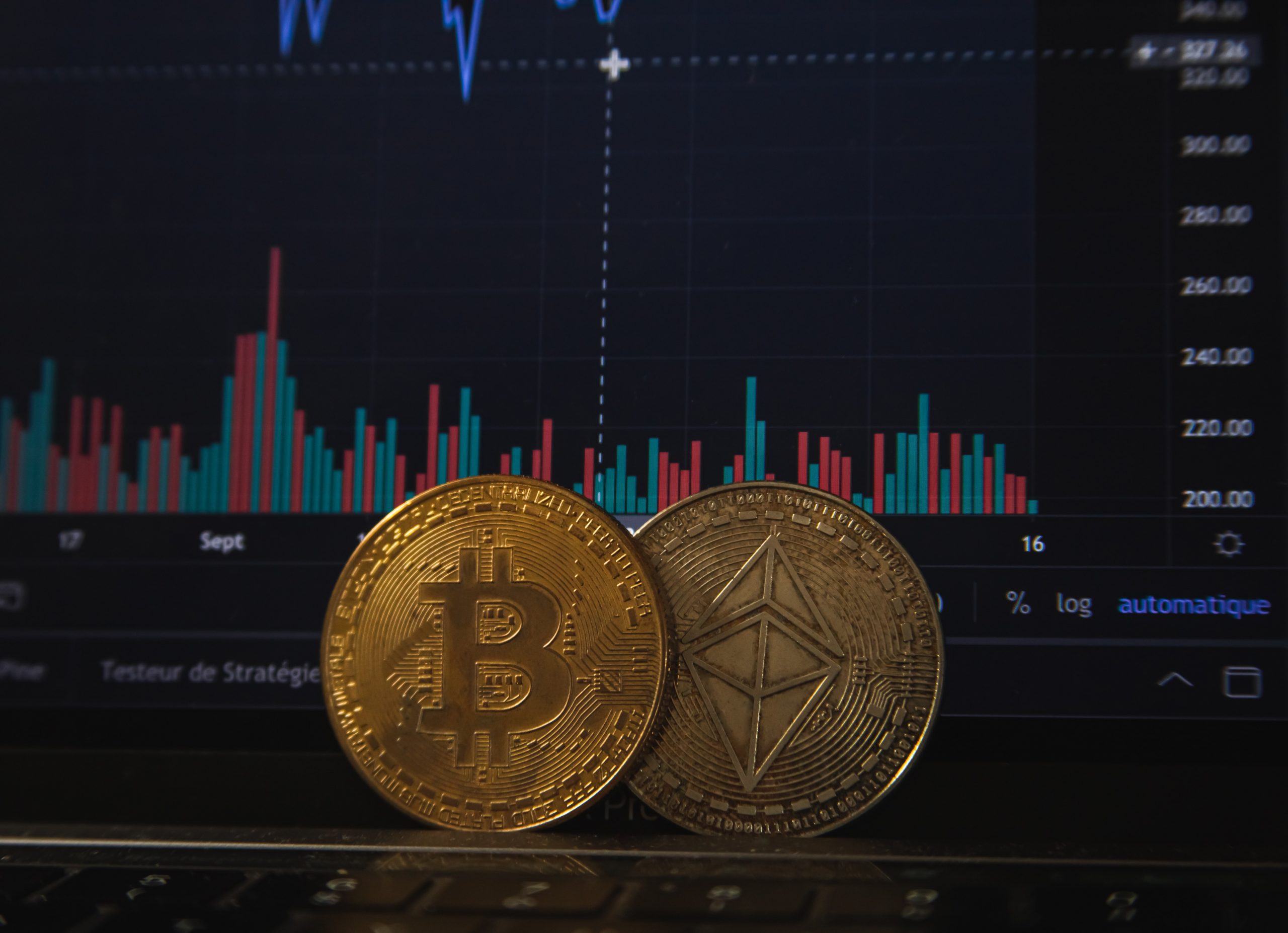What Is DeFi? – Web3 Jargon Busting
DeFi – short for decentralized finance – is an umbrella term that refers to blockchain-powered financial services. DeFi supports everything conventional banks do. You can borrow money, invest, earn interest, transfer money and what-not. The main difference is that everything is decentralized.
What is decentralization?
First things first – what is decentralization? In web3, decentralization is the transfer of control from a powerful entity (e.g. a bank) to a network. This network is distributed, meaning that all individuals and entities in that network manage and have access to resources. Moreover, institutions such as banks or other third parties that verify transactions are eliminated. Therefore, everyone is responsible for their own resources and actions.
DeFi: The Basics
DeFi is a global, peer-to-peer (person-to-person) system. If you have an Internet connection, you can trade, transfer money, buy crypto and invest. Decentralized finance uses blockchain technology to achieve all this. It is important to note that, while there are no third parties involved, all your transactions are traceable. This traceability element acts as a safeguard against illegal activities.
Peer-to-peer transactions form the basis of this technology. This essentially means transferring crypto to another person as a payment for goods or services. For example, if you take out a loan, you would use a dApp (decentralized finance app) and enter the amount you need. Then the algorithm would match you to someone who can match that amount and present you with their terms and conditions. Once you reach a consensus, the transaction would be recorded on the blockchain. You would then be able to repay the lender with the dApp at regular intervals.
Final notes
DeFi is still in its infancy. As with any other emerging technology, there are risks, such as volatility, fluctuating transaction rates, and vulnerability to hackers and fraudsters. Moreover, if you use this technology, you need to keep your own records for tax purposes, as it is still very unregulated in most states.






